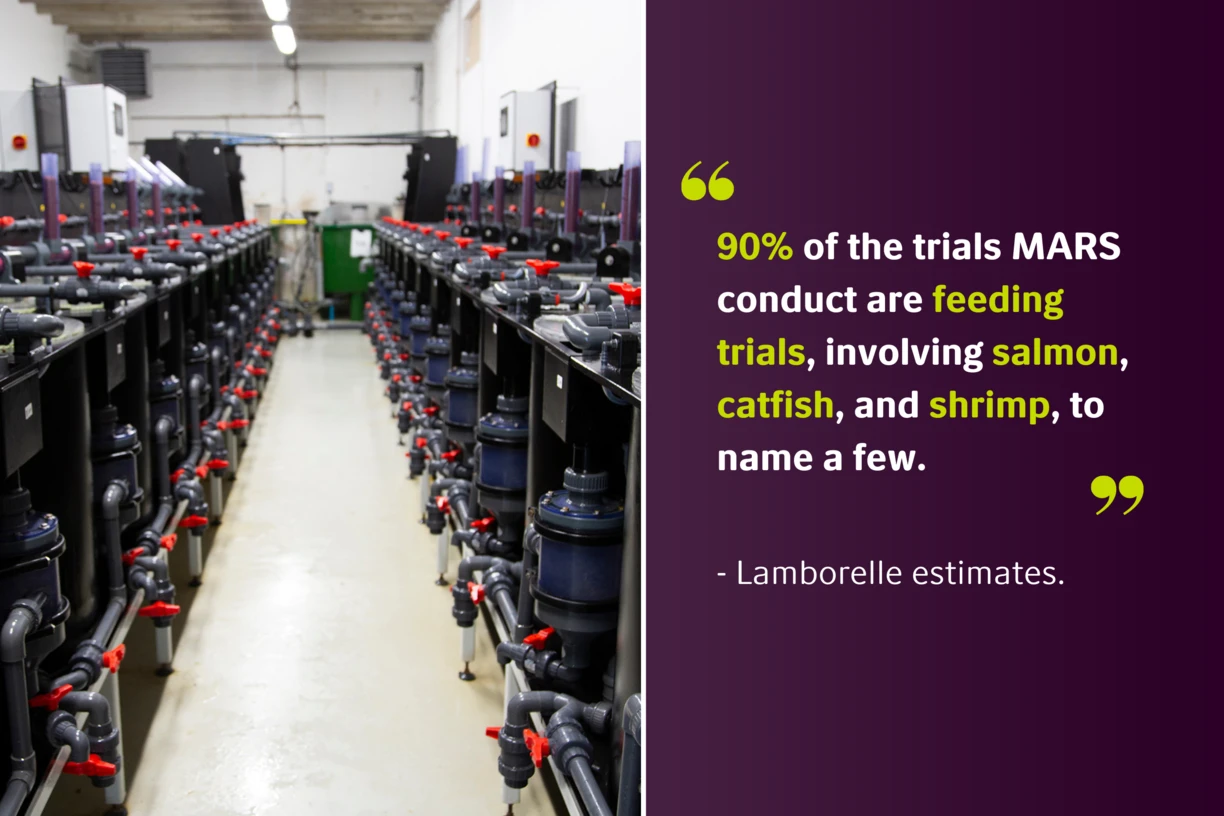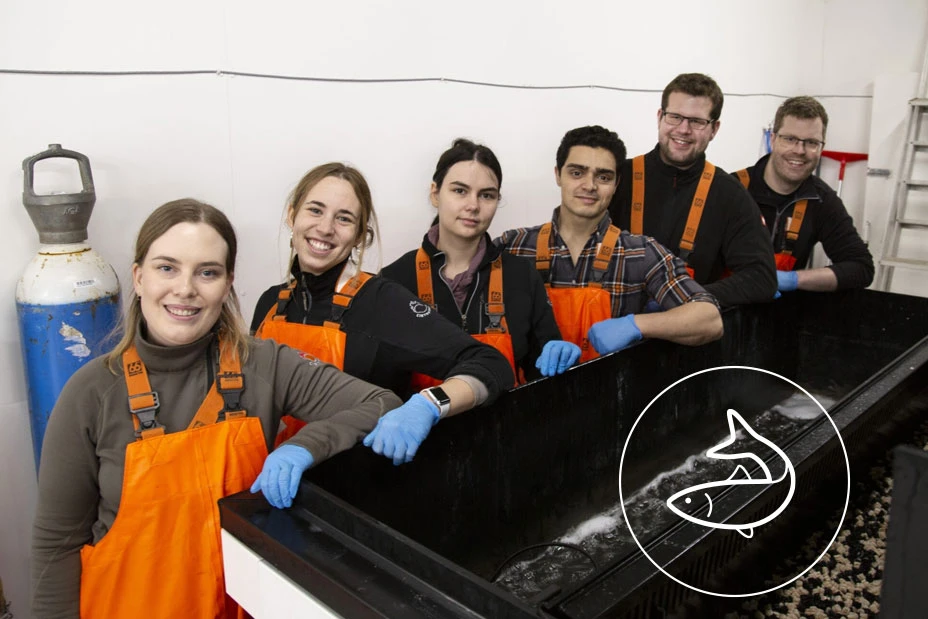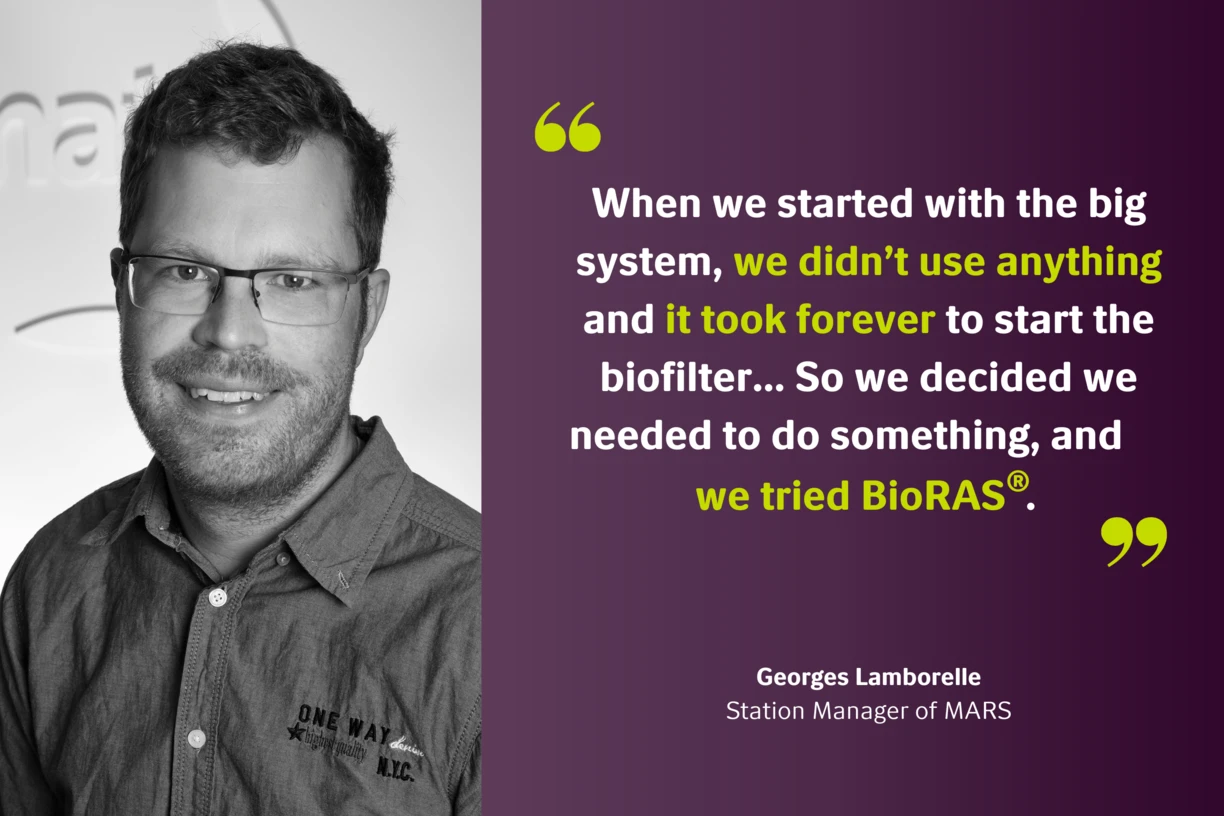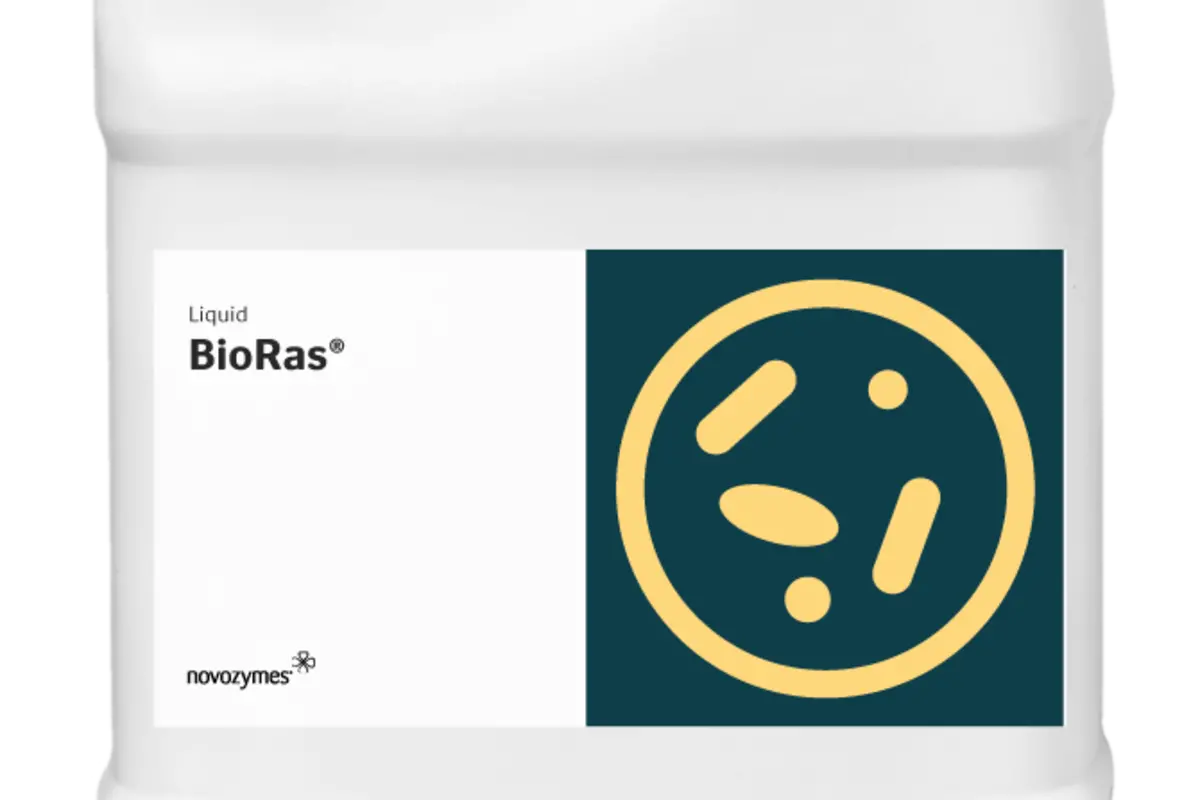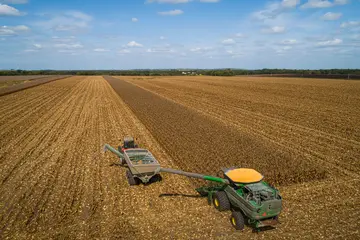Iceland’s aquaculture industry is booming: In fact, OECD reports the value of fish production topped $1.3 billion in 2018, with aquaculture accounting for 9% of that total. And so, it makes sense that Iceland-based food industry consultants and researchers Matis often collaborate on projects with food producers, universities, and food industry service providers – especially in aquaculture.
But if you want to learn more about life on MARS, Georges Lamborelle is the person to talk to.
“Our station is called MARS: Matis Aquaculture Research Station,” explained Georges, who is the station’s manager. The state-of-the-art research facility allows for testing of feed ingredients, water treatments, and other management practices for aquaculture. “This station is just one part of Matis.”
At MARS, Georges estimates that 90% of the trials they conduct are feeding trials, involving salmon, catfish, and shrimp, to name a few. The facility is equipped with several recirculating aquaculture systems (RAS) to accommodate these trials, ranging from small to medium and large tanks. This gives Matis the flexibility to work with various fish sizes as well as different level of maturities.
The most experienced system at MARS is RAS-1, operating since early 2019. It consists of 36 black tanks with white bottoms, each with a capacity of 200 liters.
